Top Lists
Legendary Musicians In Nigeria’s History
Nigeria has a rich musical heritage and has produced some of the greatest musicians in Africa and beyond. In this article, RNN will take a closer look at some of the Legendary Nigerian Musicians in Nigeria’s history.
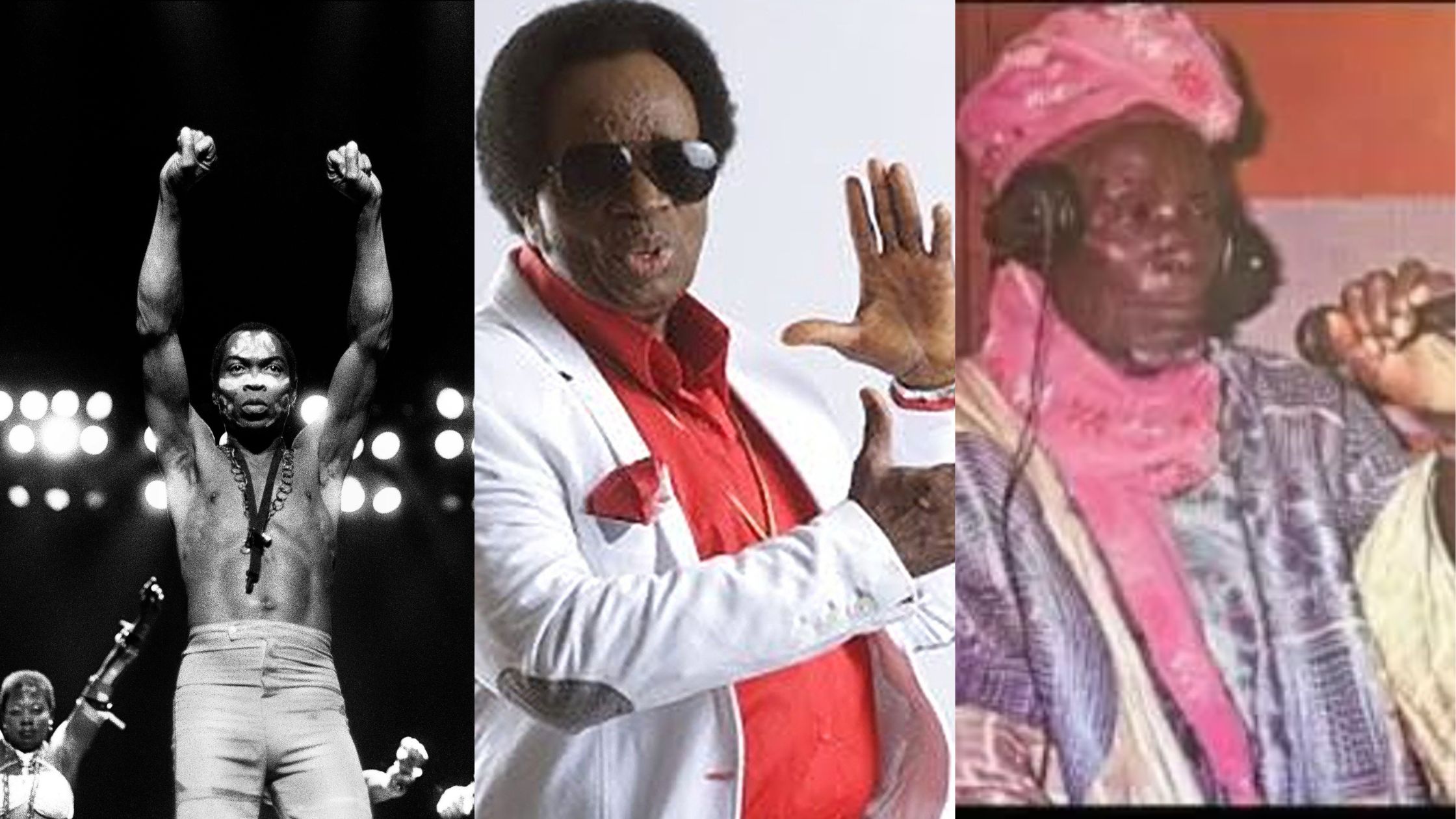
Nigeria has a rich musical heritage and has produced some of the greatest musicians in Africa and beyond. In this article, RNN will take a closer look at some of the Legendary Nigerian Musicians in Nigeria’s history.
These legendary artists have made an indelible mark on the music industry, both locally and internationally. Here are 23 Legendary music artists in Nigeria’s history;
23. Prince Adekunle
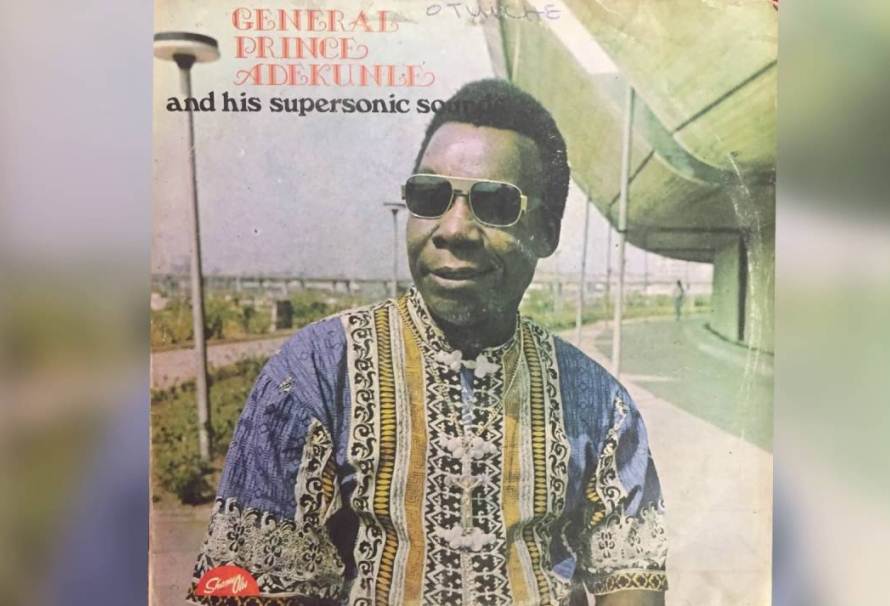
Prince Adekunle was a Nigerian Jùjú musician. He was of Egba origin, from Abeokuta in Ogun State. Prince Adekunle was a major innovator and force in the jùjú music scene, with his distinctive driving Afrobeat style. Famous musicians such as Sir Shina Peters and Segun Adewale started their careers playing with his band, the Western Brothers. Although he toured England in the early 1970s, he did not become well-known outside Nigeria.
22. I.K Dairo
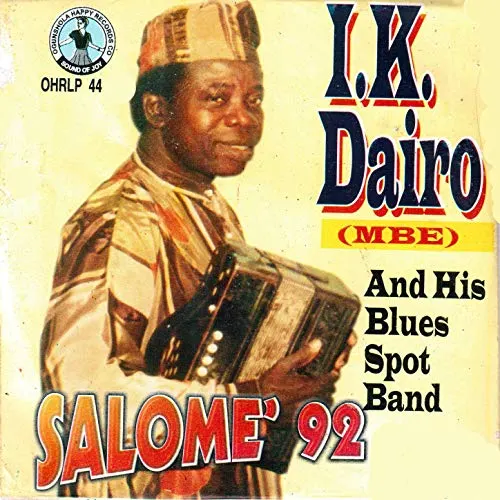
Isaiah Kehinde Dairo MBE (1930 – 7 February 1996) was a Nigerian Jùjú musician.
I.K. Dairo’s musical career entered the fast lane when he founded a ten-piece band called the Morning Star Orchestra in 1957. In 1960, during the celebration of Nigeria’s independence, the band was called on to play at a party hosted by a popular Ibadan-based lawyer and politician Chief D O A Oguntoye. With many prominent Yoruba patrons at the venue, I.K. Dairo showcased his style of jùjú music and earned attention and admiration from other Yoruba patrons present, many of whom later invited him to gigs during cultural celebrations or just lavish parties.
I.K. Dairo and his band made use of an amplified accordion, which was played by I.K., and he was the first high-profile musician to play the accordion. Other musical instruments used by the group include electric guitar, talking drum, double toy, akuba, ogido, clips, maracas, agogo (bell), and samba (a square-shaped drum).
21. Orlando Owoh
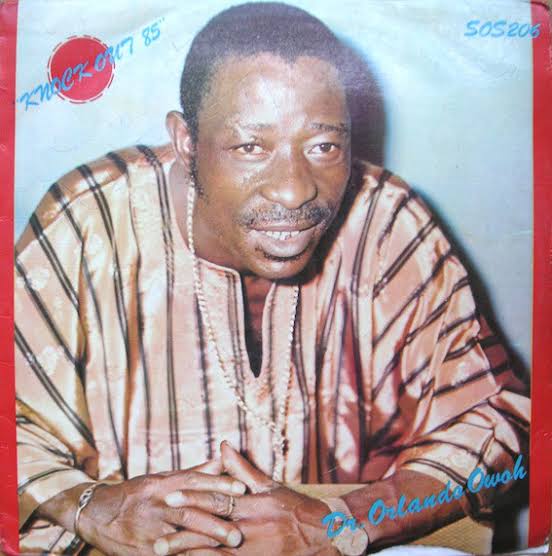
Orlando Owoh (14 February 1932 – 4 November 2008) was a Nigerian highlife musician and band leader of Yoruba origin. As a young man, Owoh initially entered into the carpentry trade in 1958, when he was hired by Nigeria’s Kola Ogunmola Theatre Group to play drums and sing. Owoh went on to form Dr. Orlando Owoh and his Omimah Band in 1960, and over a musical career of forty years became one of the leading proponents of highlife music. With bands such as the Omimah Band and later the Young Kenneries and the African Kenneries International, Owoh remained popular in Nigeria, even as tastes moved to the newer jùjú and fuji styles.
20. Sikiru Ayinde Barrister
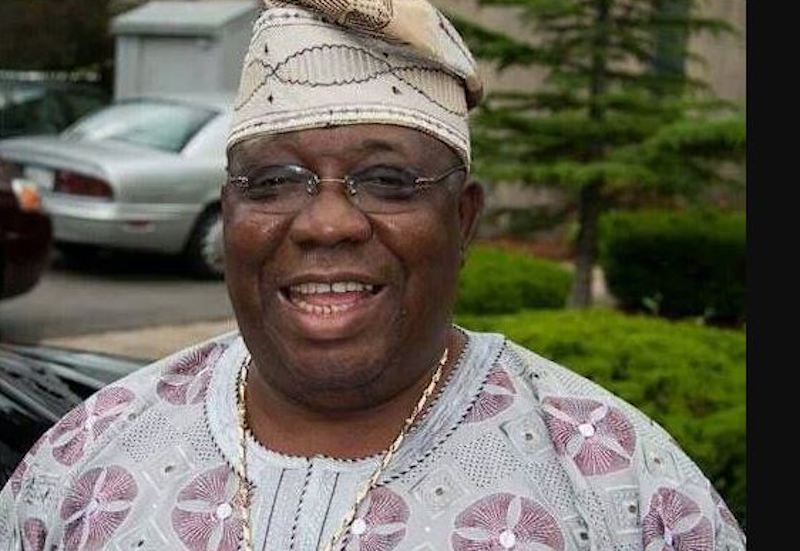
Sikiru Ololade Ayinde Balogun, MFR, (9 February 1948 – 16 December 2010) better known by his stage name Ayinde Barrister was a Nigerian-born Yoruba singer-songwriter, songproducer and music performer. He is regarded as a pioneer of Fuji and Wéré music. After his first break into music in 1965, Ayinde Barrister went on to release over 70 studio albums.
19. King Wasiu Ayinde Marshal
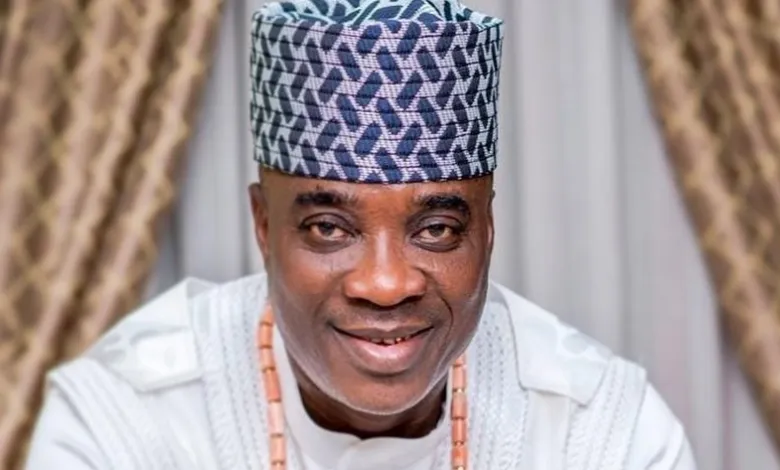
K1 De Ultimate born as Wasiu Omogbolahan Olasunkanmi Adewale Ayinde (3rd of March 1957), is a Nigerian Fuji musician. He popularized a brand of the fuji genre based on the work of the fuji creator Ayinde Barrister known as Talazo fuji that appeals to all age groups, irrespective of tribe and background.
18. Cardinal Rex Lawson
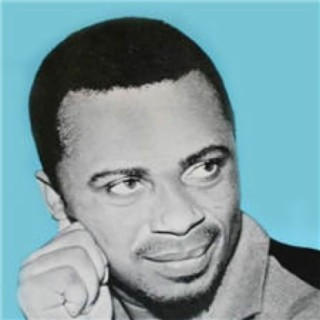
Rex Jim Lawson (4 March 1938 – 16 January 1971), known as Cardinal Rex, was a singer, trumpeter and bandleader from Buguma, Nigeria. He became one of the best-known highlife musicians of the 1960s in Africa when Cardinal and his band dominated Nigeria’s highlife scene.
17. Eddy Okonta
Edwin Chukwuemeka Okonta was a Nigerian highlife musician who was prominent in the highlife scene during the late 1950s and the 60s. Prior to branching out on his own, he was an apprentice under Sammy Akapabot and later played with Bobby Benson’s band.
16. Tunde Nightingale
Earnest Olatunde Thomas (10 December 1922 – 1981), known as Tunde Nightingale or The Western Nightingale, was a Nigerian singer and guitarist, best known for his unique jùjú music style, following in the tradition of Tunde King.
15. Yusufu Olatunji
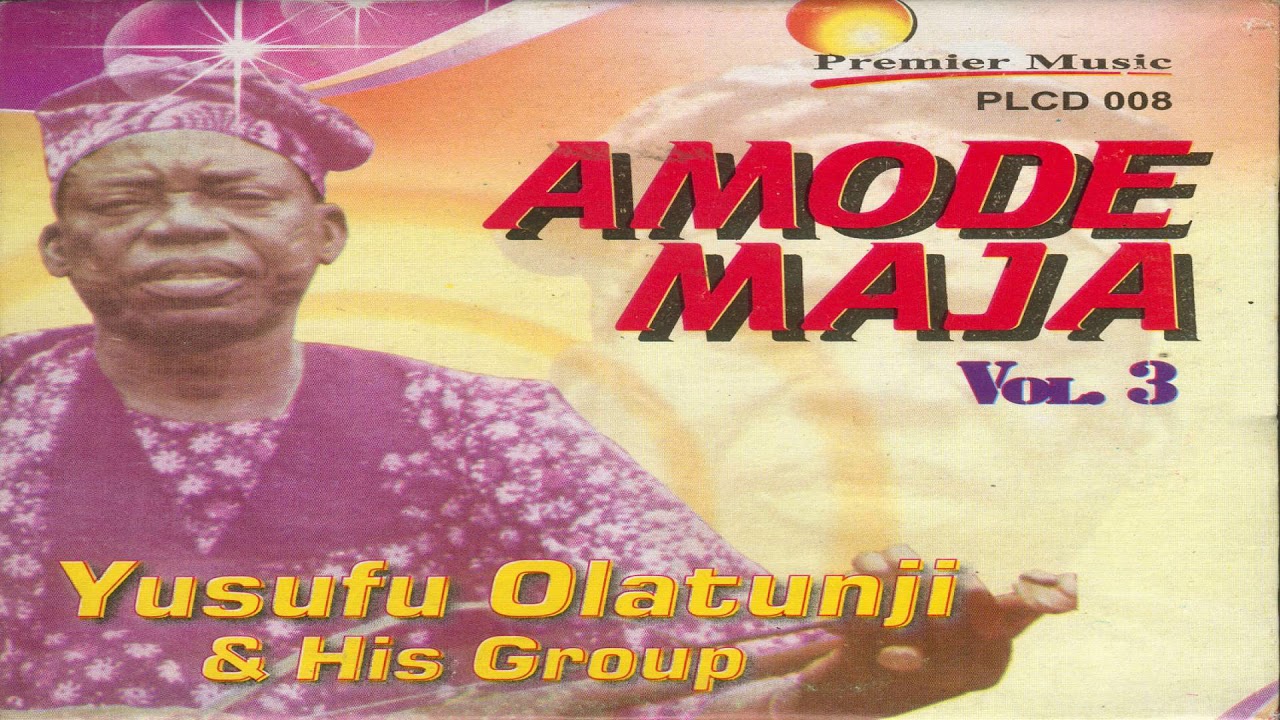
Yusuf Olatunji, also known as Baba Legba or Baba L’Egbaa (1905 -1978), was a Nigerian Sakara drum player, who popularized the Sakara music style. He was purportedly born in 1905 or 1906 in a village called Gbegbinlawo in Ogun State in southwestern Nigeria, although there are still doubts about the location of his birth. His mid-life conversion to Islam boosted his career in Yoruba music. He was born a Christian and he hailed from Iseyin in Oyo State. He was formerly known as Joseph Olatunji. He started his career in 1937 with his first record and joined Abibu Oluwa band in 1927.
14. Tatalo Alamu
Alamu Atatalo pioneered Sakara, a type of traditional Yoruba music. A native of Ibadan, he was popular in Yorubaland throughout the 1950s and early 1960s. By the middle of the 1960s, however, his popularity began to wane when he was incriminated, in a criminal frame-up, by his detractors. As a result, he struggled relentlessly, for more than a decade, to clear his name. Ultimately, he bounced back and reclaimed his position as the “king of Sakara” in the mid-70s by releasing several hit LP records. His version of Sakara music and Alhaji Dauda Epo-Akara’s music dominated the Ibadan party scenes until the advent of Alhaji Sikiru Ayinde Barrister’s fuji music.
13. Ligali Mukaiba
Ligali Alade Olatunji mukaiba ( bornApril 5, 1924 – June 22, 1984) was a successful tailor before he formed his Apala band in 1945. It wasn’t established whether or not he was an apprentice musician at any point. He was first signed on to Decca Records. It was with Decca Records that he recorded hits like ‘Late Segun Awolowo’ to console Obafemi Awolowo on the loss of his son; ‘Orin Obinrin’; ‘Omo Jaye-jaye’; and ‘Owo Olowo’, amongst others.
12. Alhaji Dan Kwairo
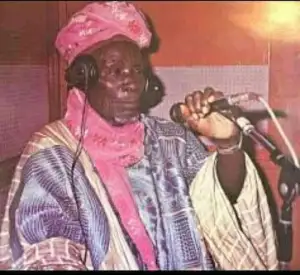
Alhaji Musa Dankwairo ( born 1902 – 1991 ) was a prominent and highly respected Hausa traditional musician. He was born in Dankadu town in Bakura Emirate, Zamfara State, Nigeria, in 1902. Musa Dan Kwairo’s musical talents and passion for traditional Hausa music emerged at a young age, and he would go on to become one of the most influential figures in the genre.
Hausa traditional music holds deep cultural significance in the northern region of Nigeria, and Musa Dan Kwairo played a pivotal role in preserving and promoting this rich musical heritage. He dedicated his life to creating beautiful melodies, heartfelt lyrics, and captivating rhythms that resonated with the Hausa people and beyond.
11. Onyeka Onwenu
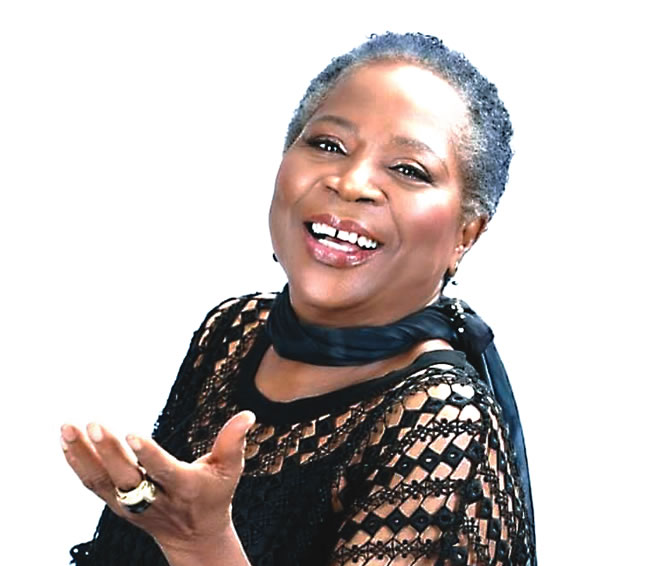
Onyeka Onwenu (born 31 January 1952) is a Nigerian singer/songwriter, actress, human rights activist, social activist, journalist, politician, and former X Factor series judge. Dubbed the “Elegant Stallion” by the Nigerian press, she is a former chairperson of the Imo State Council for Arts and Culture. In 2013 she was appointed the Executive Director/Chief Executive Officer of the National Centre for Women Development.
She began her career in 1981, Originally a secular artist, Onwenu made the transition to gospel music in the 90s, and most of her songs are self-penned. She continues to write and sing about issues such as health (HIV/AIDS), peace and mutual coexistence, respect for women’s rights, and the plight of children.
10. Ayinla Omowura
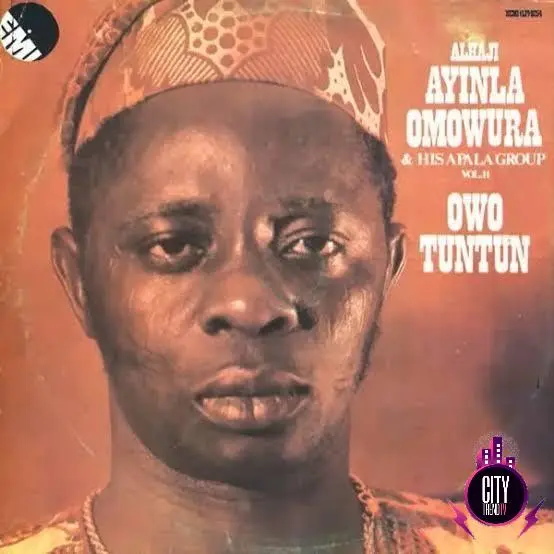
Waidi Ayinla Yusuf Gbogbolowo better known as Ayinla Omowura, aliases include Hajji, Egunmogaji, Anigilaje and Alujannu Elere demonstrated his status as the enfant terrible in music of the time. He was born in 1933, he was a Nigerian Apala musician born in Itoko, Abeokuta in 1933. Ayinla Omowura didn’t have a formal education but he was enlightened about current events and had a command of puns, proverbs, innuendos, and metaphors. He was a social commentator and critic as well as a moral instructor. Aside from current affairs, he used his albums to extol the importance of sporting activities. His music also preached positive change in society and portrayed both mourning and celebration. He was also a critic of women who bleached their skin and promiscuous women.
9. Haruna Ishola
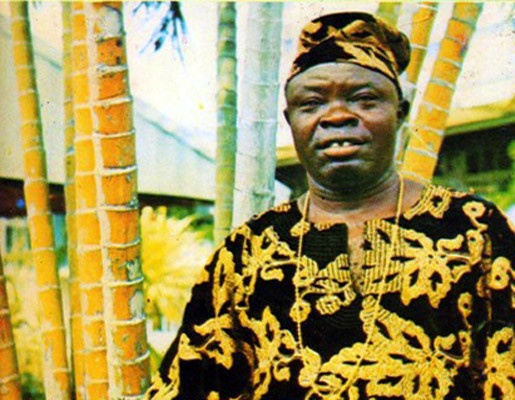
Haruna Ishola Bello MON (1919 – 23 July 1983) was a Nigerian musician and one of the most popular artists in the apala genre. He was born in Ibadan, Nigeria. and regarded as the father of Apala Music in Nigeria, performing with musical instruments such as agogo bells, akuba, claves, drums, akuba, and lamellophone. Haruna Ishola began recording apala numbers in about 1955, and soon became the most popular artist in the genre, and one of the most respected praise singers in Nigeria. Ishola adapted and stuck to a strong traditionalist approach, citing both Yoruba proverbs and Koranic scripture in his songs, and introducing no Western musical instruments into his musical line-up. Before the end of the 1950s, he introduced shekere into his music, and recorded a song in 1960 for Decca Records titled “Punctuality is the Soul of Business.”
8. Fatai Rolling
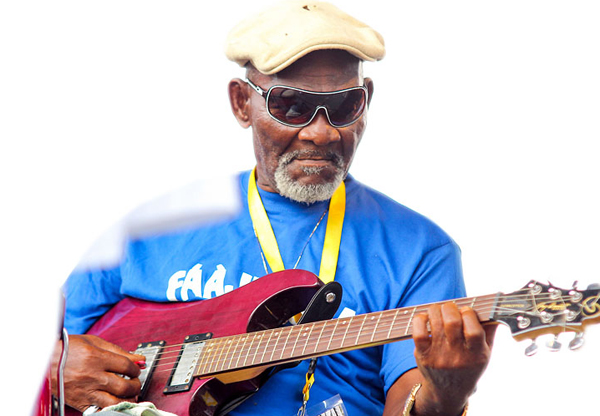
Olayiwola Fatai Olagunju, known professionally as Fatai Rolling Dollar (22 July 1927 – 12 June 2013), was a Nigerian jùjú singer, songwriter and multi-instrumentalist, described by the BBC as a “nationally celebrated performer.”
He started his musical career in 1953 and mentored a number of musicians including Ebenezer Obey and the late Orlando Owoh. He was known for his dexterity at playing the guitar, Rolling Dollar’s last major hit was “Won Kere Si Number Wa”. In 1957, he formed an eight-piece band called Fatai Rolling Dollar and his African Rhythm Band, and they recorded numerous seven-inch singles for Phillips West Africa Records.
7. Sir Shina Peters
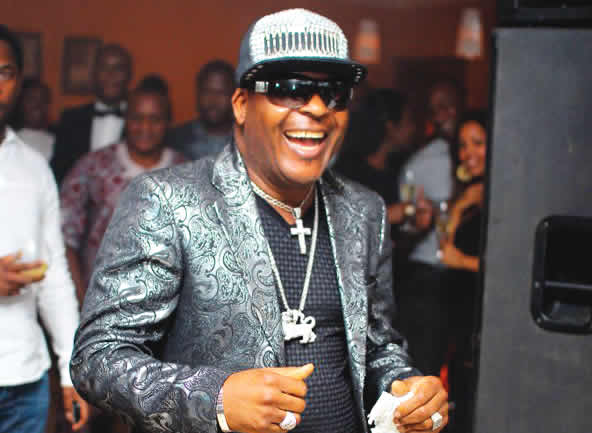
Oluwashina Akanbi Peters ( born 30 May 1958) is a Nigerian Jùjú musician. Shina Peters’ career in music began at a young age when he played with friends under the handle Olushina and His Twelve Fantastic Brothers. While playing with his friends, he taught himself how to play the piano and later joined Ebenezer Obey’s band.
6. Ebenezer Obey
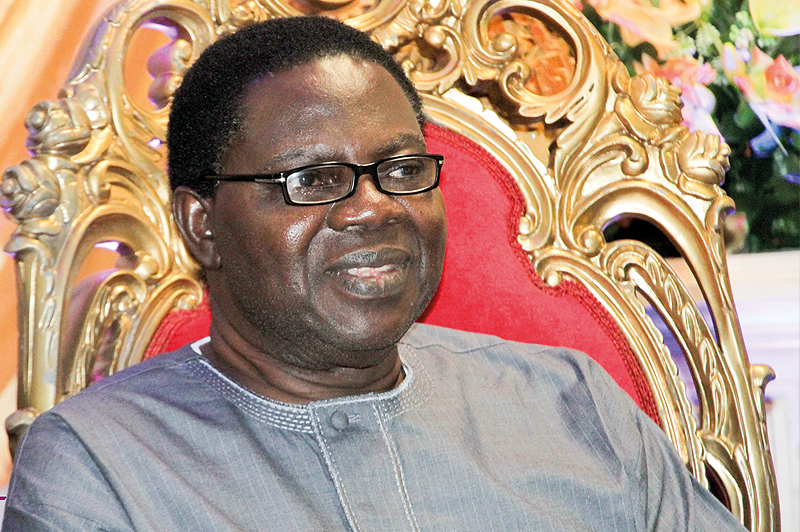
Ebenezer Remilekun Aremu Olasupo Obey-Fabiyi MFR (born 3 April 1942) in Idogo, Ogun State, Nigeria of Egba-Yoruba ethnic background. He is of the Owu subgroup of the Egba. He is known professionally as Ebenezer Obey a Nigerian jùjú musician.
Ebenezer Obey began his professional career in the mid-1950s after moving to Lagos. After tutelage under Fatai Rolling-Dollar’s band, he formed a band called The International Brothers in 1964, playing highlife–jùjú fusion. The band later metamorphosed into Inter-Reformers in the early 1970s, with a long list of Juju album hits on the West African Decca musical label.
Ebenezer Obey is renowned for Christian spiritual themes in his music in the early 1990s. It will be worthy of note to also say that Chief Commander just as he is fondly called by his fans, has played alongside popular gospel music veteran, Pastor Kunle Ajayi during his 30 years on stage concert in Lagos.
5. Sir Victor Uwaifo
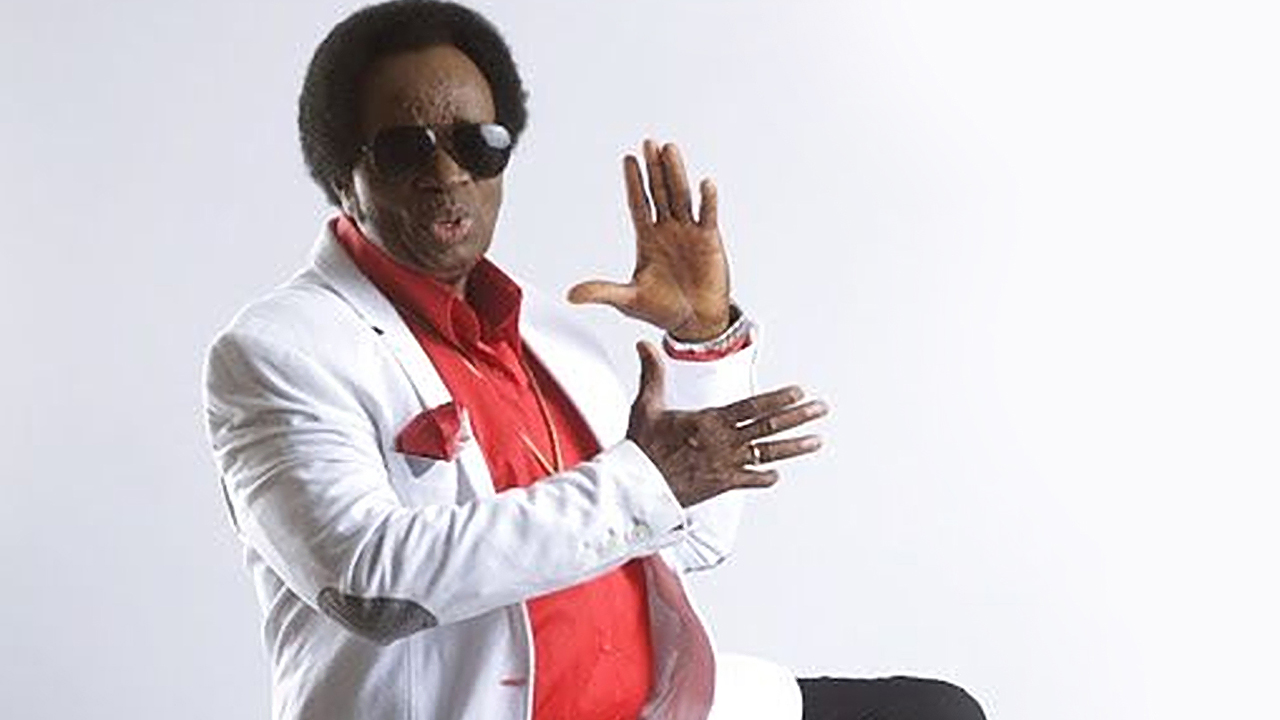
Victor Efosa Uwaifo MON (1 March 1941 – 28 August 2021) was a Nigerian musician, writer, sculptor, and musical instrument inventor, university lecturer, music legend, and the first Honorable Commissioner for Arts, Culture and Tourism in Nigeria. He was the winner of the first gold disc in Africa (Joromi) released in 1965 and seven other gold discs in Guitar Boy, Arabade, Ekassa series and Akwete music. He recorded under the name “Victor Uwaifo and His Titibitis”.
4. Osita Osadebe
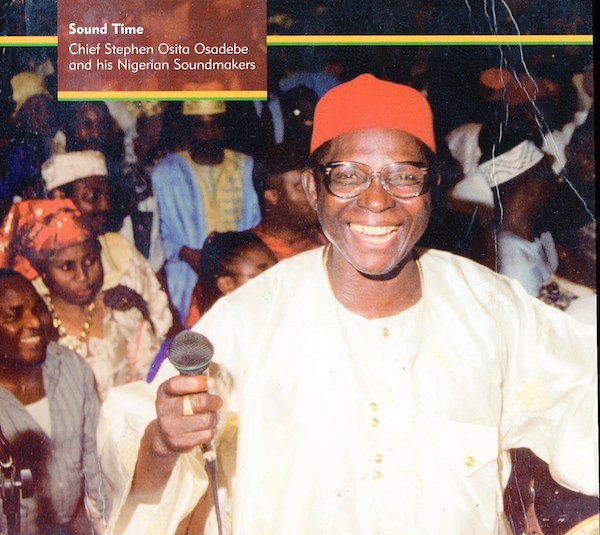
Chief Stephen Osita Osadebe (March 17, 1936 – May 11, 2007), often referred to as just Osita Osadebe, was a Nigerian highlife musician from Atani in southeastern Nigeria. During his career spanning over four decades, he became one of the best-known musicians of Igbo highlife. His best-known hit was the 1984 single “Osondi Owendi”, which established him as a leader in the highlife genre and was one of Nigeria’s most popular records ever.
3. Oliver De Coque
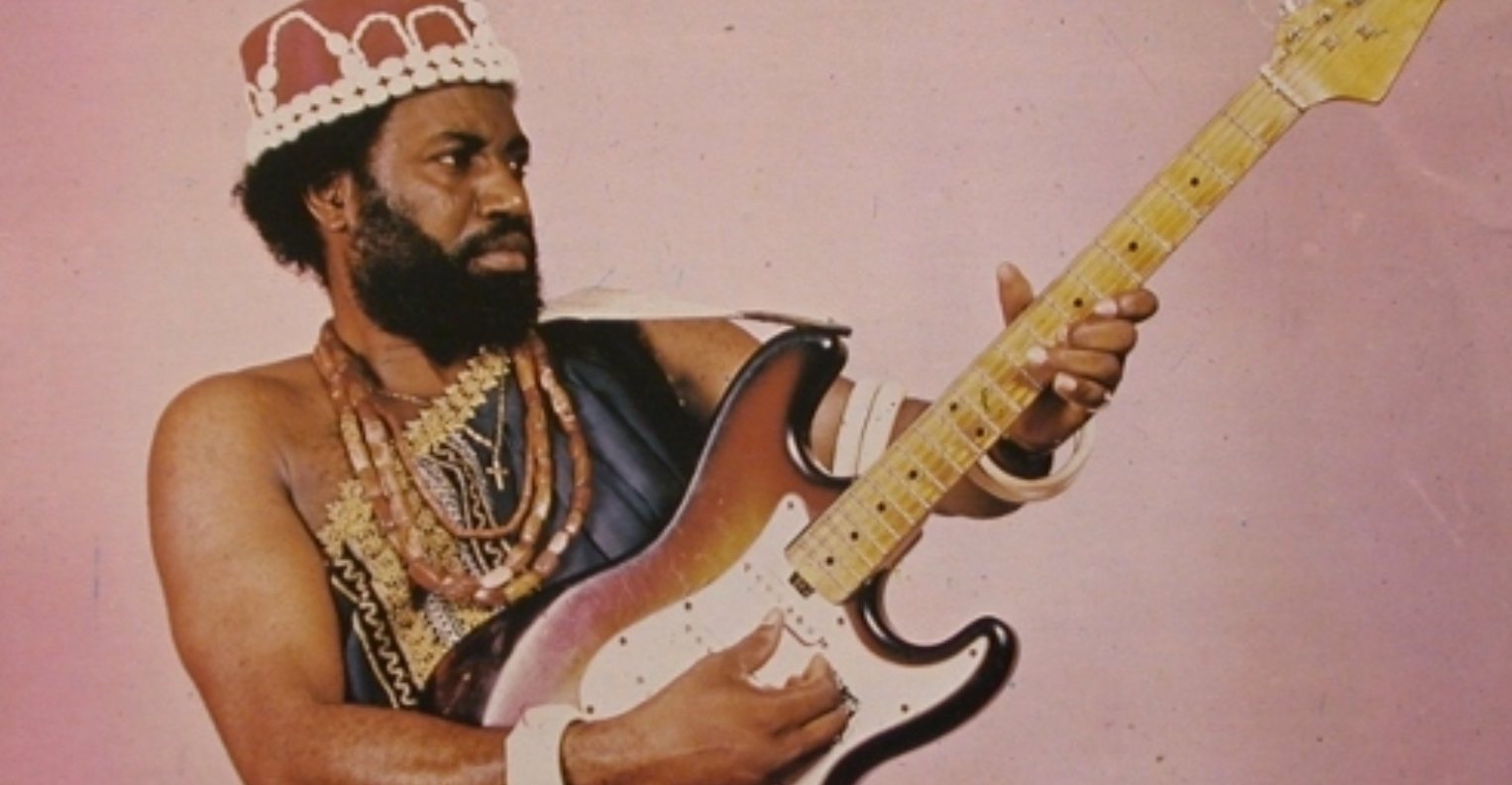
Oliver Sunday Akanite better known by the stage name Oliver De Coque, was a Nigerian guitarist and one of Africa’s most prolific recording artists.
De Coque was born in Ezinifite, Anambra State, Nigeria,( 14 April 1947 – 20 June 2008) to an Igbo family. He started playing music at the age of 11 and was taught to play the guitar by a Congolese guitarist living in Nigeria. De Coque was an apprentice of juju musicians Sunny Agaga and Jacob Oluwale and became locally well-known by the time he was a teenager.
2. King Sunny Ade
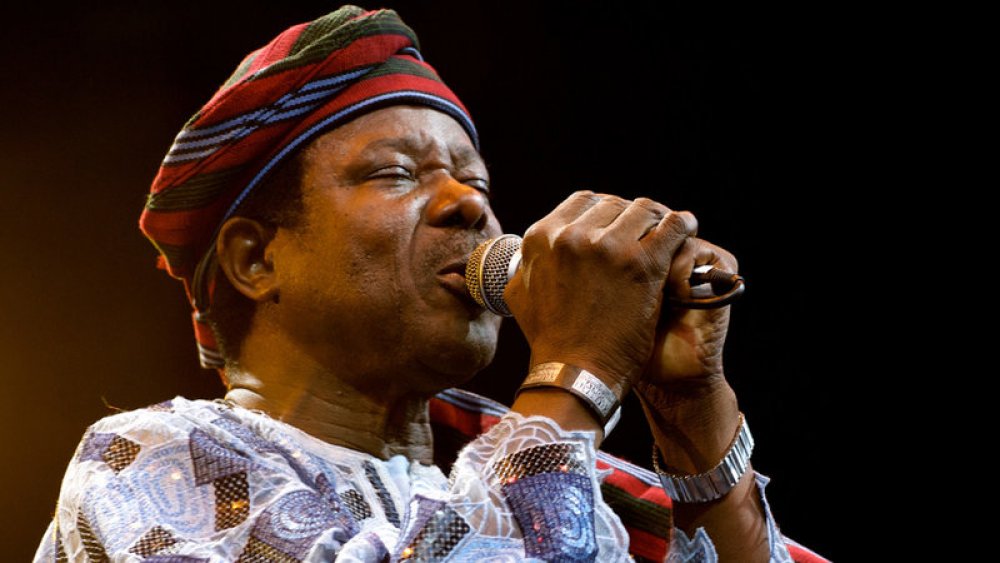
Chief Sunday Adeniyi Adegeye MFR (born 22 September 1946), known professionally as King Sunny Adé, is a Nigerian jùjú singer, songwriter and multi-instrumentalist. He is regarded as one of the first African pop musicians to gain international success and has been called one of the most influential musicians of all time.
Sunny Adé formed his own backing band in 1967, eventually known as his African Beats. After achieving national success in Nigeria during the 1970s and founding his own independent label, Sunny Adé signed to Island Records in 1982 and achieved international success with the albums Juju Music (1982) and Synchro System (1983); the latter garnered him a Grammy nomination, a first for a Nigerian artist. His 1998 album Odu also garnered a Grammy nomination. Sunny Adé currently serves as chairperson of the Musical Copyright Society of Nigeria. King Sunny Ade was influenced by Juju pioneer Tunde Nightingale and borrowed stylistic elements from his ‘So wa mbe’ style of juju.
1. Fela Kuti

Fela Aníkúlápó Kuti (born Olufela Olusegun Oludotun Ransome-Kuti; 15 October 1938 – 2 August 1997), also known as “Abami Eda”, was a Nigerian musician, bandleader, composer, political activist, and Pan-Africanist. He is regarded as the pioneer of Afrobeat, a Nigerian music genre that combines West African music with American funk and jazz. At the height of his popularity, he was referred to as one of Africa’s most “challenging and charismatic music performers”. AllMusic described him as “a musical and sociopolitical voice” of international significance.
After early experiences abroad, he and his band Africa 70 (featuring drummer and musical director Tony Allen) shot to stardom in Nigeria during the 1970s, during which he was an outspoken critic and target of Nigeria’s military juntas. In 1970, he founded the Kalakuta Republic commune, which declared itself independent from military rule. The commune was destroyed in a 1978 raid that injured Kuti and his mother. He was jailed by the government of Muhammadu Buhari in 1984, but released after 20 months. He continued to record and perform through the 1980s and 1990s. Since his death in 1997, reissues and compilations of his music have been overseen by his son, Femi Kuti.
More Articles on RNN
- Nigerian Musicians Who Have Bagged Grammy Awards (Top 10)
- 6 Nigerian Musicians with the Most entry On The Billboard Hot 100
- 20 Most Powerful Women In Nigeria (2023)
- 5 Hollywood Stars With Nigerian Descent
